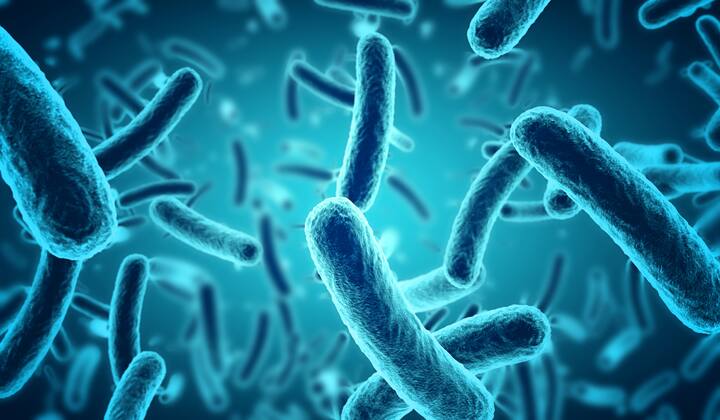
Listeria control tightened by amendment to Regulation (EU) 2073/2005 as of 1 July 2026
Listeria control tightened by amendment to Regulation (EU) 2073/2005 as of 1 July 2026
From 1 July 2026, the obligation for food producers and retailers across Europe to conduct a thorough study of Listeria monocytogenes will be tightened. The new criterion states: if there is no evidence of Listeria growth, then Listeria monocytogenes must be absent in 25 grams of the product throughout its shelf life. What exactly does this tightening mean and what does it mean for retailers and food producers in the Dutch, Belgian and European markets? We spoke to Johan Brandsen, Senior QA Advisor at Normec Foodcare.
National and international legislation
Regulation (EU) 2073/2005 is about to be amended to stipulate that Listeria monocytogenes must not be present in 25 grams throughout the entire shelf life. ‘That last bit is the change,’ says Johan Brandsen, Senior QA Advisor at Normec Foodcare. The change only applies to food category 1.2 Ready-to-eat foods that can serve as a breeding ground for Listeria monocytogenes.
He explains that, in the current situation, Listeria monocytogenes must not be found in 25g within this category before the food has left the direct control of the operator who produced it. "In the upcoming change, Listeria monocytogenes must not be found in 25g throughout the entire shelf life if no study has been conducted that demonstrates that the possible growth of Listeria will not exceed 100 cfu/g to the satisfaction of the competent authority, such as the NVWA in the Netherlands or the FAVV in Belgium. If an approved study has been conducted, the upper limit of 100 cfu/g Listeria monocytogenes per gram of product applies throughout the entire shelf life of the product."
Major impact on retailers and food producers
This new EU listeria legislation will have a major impact on (European) retailers and food producers. ‘Because it is EU legislation, the basis will soon be the same for everyone,’ explains Johan. However, the rules may differ from one Member State to another. ‘Because the study must be carried out to the satisfaction of the competent authority, Member States may interpret or supplement it as they see fit.’ If you are a retailer exporting to other EU Member States, you may therefore be subject to additional requirements.

Recall after exceeding the standard
Another tightening within the Regulation is that a recall must be carried out immediately after exceeding the standard. Johan: ‘Whereas previously you could still issue a positive release, such as release based on analyses, this will no longer be possible after the change on 1 July 2026.’ If you exceed the new standard, you must immediately carry out a recall, says Johan.
Thorough study required
To demonstrate that the growth of Listeria monocytogenes remains below 100 cfu/g, food producers and retailers across Europe will have to carry out a thorough study from 1 July 2026, for example using growth models and a challenge test.
Curious about what the new legislation means for you and whether you need to supplement or revise a study? Our specialists are happy to assist you. We use a baseline measurement to examine the current status and design of your processes. You will receive a report from us with recommendations so that you can get started right away.